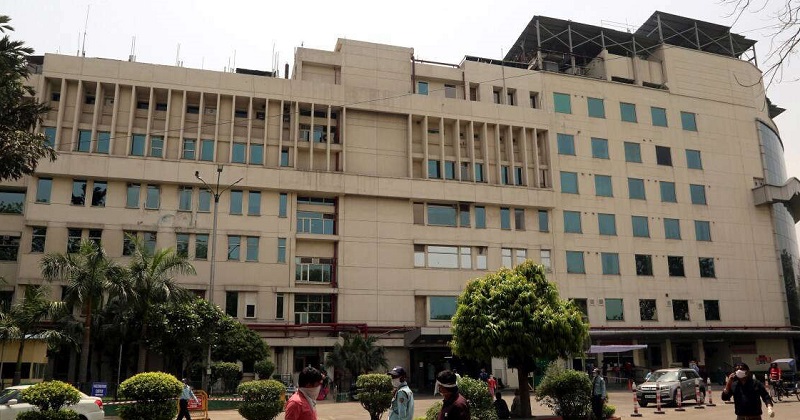
A 78-year-old Delhi resident suffering from recurrent inflammation of the large intestine and bloody diarrhoea has recovered after doctors from Sir Ganga Ram hospital treated him with faecal microbiota transplant (FMT), a procedure in which stool from a healthy person is placed into the colon of the patient.
Despite antibiotic therapy, the patient’s symptoms persisted, and he was taken to the hospital with a fever, bloody diarrhoea, low blood pressure, and a rapid heat rate. When his faeces was examined, physicians discovered c. difficile, a dangerous germ.
C. difficile infection is caused by extended antibiotic usage and inhibits the formation of normal, healthy gut flora. It can result in life-threatening symptoms.
Dr Piyush Ranjan, vice-chairperson, Institute of Liver Gastroenterology and Pancreatico Biliary Sciences, Sir Ganga Ram Hospital said, ‘FMT is the up and coming treatment. However, the knowledge and acceptability of the treatment is not very high. It is the first line of treatment in patients with recurrent pseudomembranous colitis (inflammation and ulceration of the large intestine), but I don’t think it has been used in the country yet’.
Also Read: Woman experiencing back pain for 3 months finds bullet near her spine in Israel
He stated that while anybody with a healthy gut microbiota can be a donor, the doctors prefer it to be a family member to increase acceptance. ‘No one wants the stool of an unknown person in their gut, so we encourage family members. In the United States, however, people who have a healthy gut can become donors and it can be used for the treatment of several patients’, Dr Ranjan said.
The faeces are mixed with saline, distilled, and put into the large intestine by colonoscopy for therapy. It can also be delivered by a nasal tube into the small intestine.
‘We have done FMT for people with alcoholic hepatitis (inflammation of the liver due to alcohol consumption); we have published a four patient case series. CMC Ludhiana has published a 14 person case series for other indications, and the Institute of Liver and Biliary Sciences has also published a seven patient case series’, Dr Ranjan added.
The gut microbiome is made up of billions of bacteria that live in the human intestine. These bacteria play an important role in human health, and a variety of disorders can result from a bacterial imbalance in the gut. Dysbiosis is a condition in which the beneficial bacteria and the bad bacteria are out of balance.
Modulating the immunological response of the body is one of the key ways in which these bacteria impact health and illness. They have an impact on both innate and adaptive immunity. Innate immunity is the body’s reaction to a foreign antigen when it is initially exposed to it. The therapy is provided in an outpatient facility and each session costs Rs 25,000.
‘For PMC, only one session is needed, but maybe repeated if needed and the patient is responding. For alcoholic hepatitis we do around three sessions’, he said.

Post Your Comments